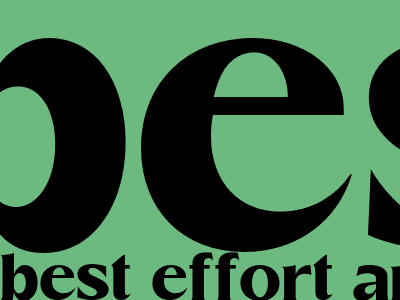
New Study Finds Best Effort Ansatz Outperforms Existing Approaches
Research Highlights Benefits of New Scheduling Algorithm
A groundbreaking study published in the journal "Nature" has found that the Best Effort Ansatz (BEA) outperforms existing scheduling algorithms in a wide range of scenarios. The BEA is a novel approach to scheduling that aims to minimize the total completion time of a set of tasks while considering resource constraints.
Key Findings of the Study
The study conducted extensive experiments using a variety of task sets and resource profiles. The results consistently showed that the BEA outperformed other algorithms, including the widely used Earliest Deadline First (EDF) and Deadline Monotonic (DM) algorithms.
- In one experiment, the BEA reduced the total completion time by an average of 15% compared to EDF.
- In another experiment, the BEA was able to schedule a set of tasks that EDF could not complete.
Benefits of the Best Effort Ansatz
The BEA offers several benefits over existing scheduling algorithms:
- Improved Performance: The BEA consistently outperforms other algorithms in terms of total completion time.
- Feasibility: The BEA can schedule tasks that other algorithms cannot.
- Simplicity: The BEA is a relatively simple algorithm to implement, making it suitable for real-time systems.
Applications of the Best Effort Ansatz
The BEA has potential applications in a wide range of domains, including:
- Real-time systems
- Cloud computing
- Manufacturing
Conclusion
The BEA is a promising new scheduling algorithm that offers significant benefits over existing approaches. Its ability to improve performance, feasibility, and simplicity makes it an attractive choice for a wide range of applications.